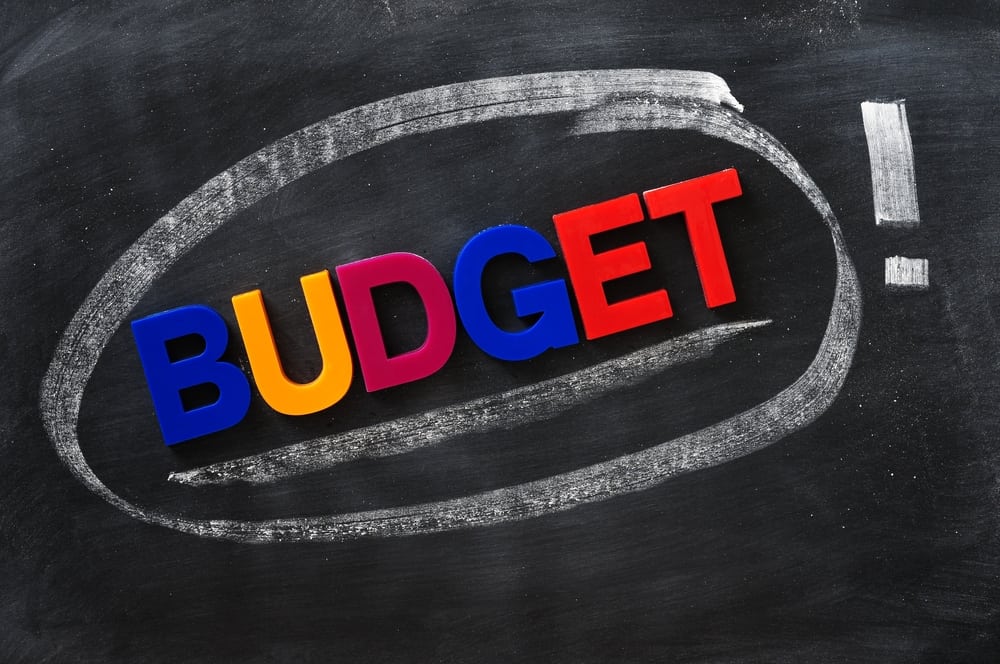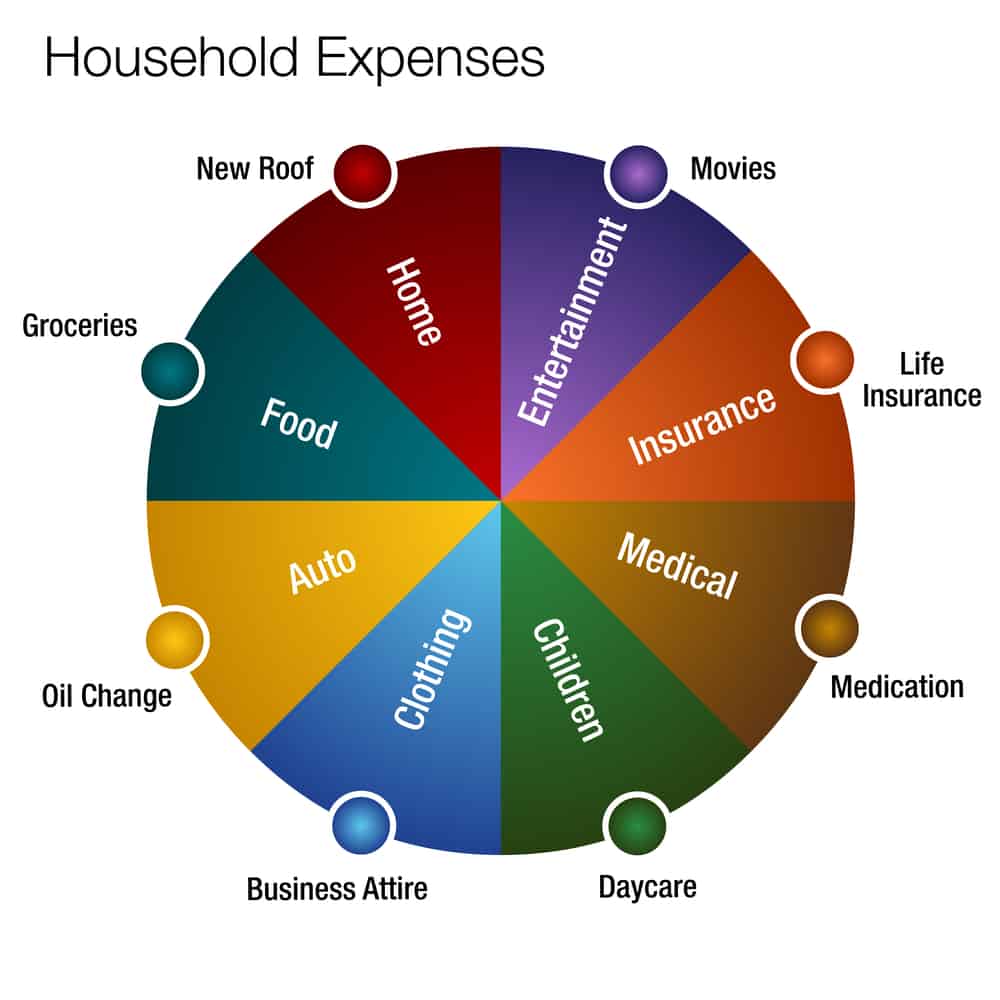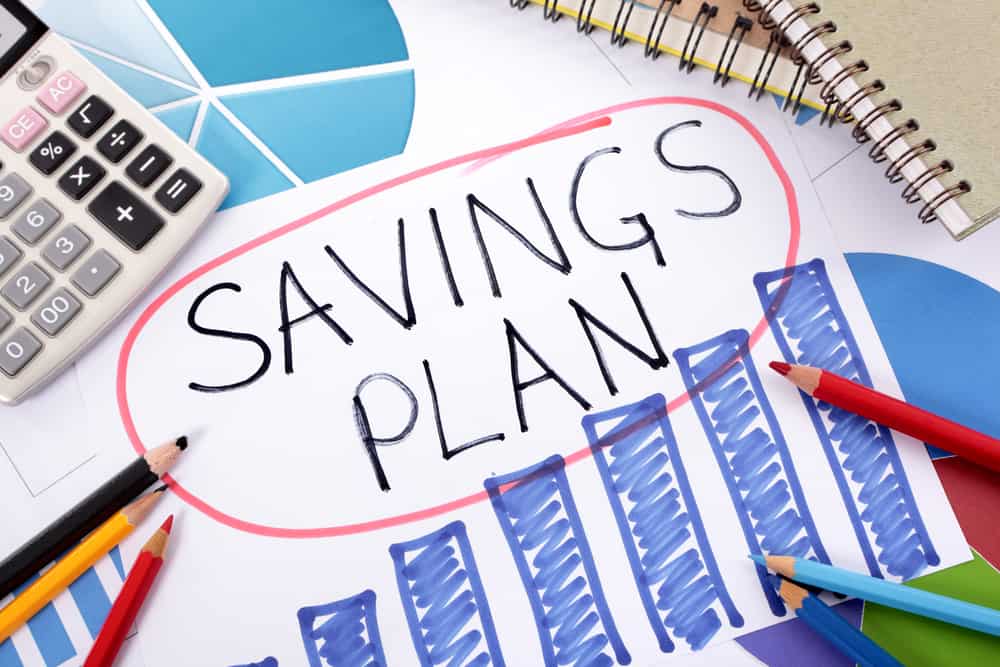How to Save Money When You Are Broke
Posted on: August 9, 2019Posted in Bankruptcy, Expenses, Financial Advice | Comments Off on How to Save Money When You Are Broke

Is it possible to save money when you are broke and a big chunk of your income goes towards paying monthly expenses and dealing with debt? Saving money even while you are getting out of debt and have a low income should not be as difficult as many people think. Of course, you will need to make a few changes to how you currently do things, like following a strict budget and really making an effort to live within your means, but those changes don’t have to be overly radical in that you deprive your family and yourself too much that you can no longer live a decent lifestyle.
Here are some strategies to help you do this the right way:
Make a budget

To be able to save money when you are broke, you will definitely need to start paying attention to how you spend every dollar because the little things that you do day-to-day matter a lot! It’s all about taking control of your money and your financial situation and in order to have that power you need to know where each penny goes. When you are aware of this, it will enable you to make the right decisions on how you spend. Creating a monthly budget is the single most effective way to help you keep track of your spending and savings. Budgeting and savings apps will make this task easy for you as they can help you manage your finances on the go direct from your smartphone. No need to log in anywhere else or bring out a pen and paper. Some popular apps you can try out are: Mint.com, Receipts, Debt Minder, Debt Manager, iExpenselt, and many others. Choose one that best suits your budgeting and money management needs, and really be disciplined to make it work for you. Set aside the time each day or week to look at your app and keep an eye on your spending activities, this way you will really see results.
Make adjustments on household expenses

Once you have your budget set up, you can get to work on making some tweaks to your lifestyle. First thing to look at is if you are spending your money on what’s necessary like grocery, water bill, electric bill, gas, etc. Then, make adjustments and cut back on some things.
- Reduce your water usage. Small things like taking shorter showers, installing low-flow faucets and shower-heads, installing a rain barrel and other unwasteful ways will not only bring lots of savings on your water bill but you’re also helping to save the environment.
- Look for ways to lower your energy usage every day. Things like lowering your thermostat, running full loads in the dishwasher and clothes washer, opening drapes and blinds during the day to use up solar energy are some sensible options to conserve energy and save cost.
- Find practical ways to save money on groceries. One of the best ways to cut spending on food is to eat out less. Start making little changes like cooking your own meals, bringing your own lunch, making your own coffee everyday instead of dining out at cafes and restaurants and you will find that you can easily save thousands of dollars on your food budget per year.
- Let go of the cable tv and cancel other subscriptions that are not really needed, like your magazine subscription or your gym membership.
- Save on gas bill and transportation costs. This is also a significant expense for most Canadian households, including your own. The cost of gas is expensive and public transport is not free, so cutting down on this expense will make a huge difference on the budget. Consider carpooling or walking or biking, maybe you can buy cheaper gas in your area – use free apps like GasBuddy, Gas Guru or Waze to help you find cheap gas, or try talking to your HR department if they have any programs available that will subsidize the cost of gas expenses or public transportation.
- Quit your bad habits, like smoking cigarettes and drinking alcohol. A smoking and drinking habit is extremely costly. A pack of cigarettes in Ontario, for example, can be from $18.37 a pack. That means you could be spending as much as $569 per month if you smoke a pack a day. To give you a clearer perspective of how much your bad habits costs you, try using this expense calculator to see how much money you could be spending on something else.
- Cut back on shopping. You will pay a lot less, for example, if you shop at thrift stores. You can find a lot of stuff, clothes, appliances, odd items, that have never been used, worn, or even opened. Another great way to save money on shopping is to avail of cash backs where you can get a little of your money back on purchases you make. When you shop at retailers like Amazon, Target, and Starbucks, for example, they can let you earn points for each dollar you spend and also get exclusive coupons and deals.
- Find ways to pay off your mortgage faster. As a rule of thumb, your housing expense should not take up more than 30% of your income. If this is not the case with your household, then you may need to refinance for a lower mortgage rate. Getting that interest rate down will save you money and enable you to use that money to pay off your mortgage faster so you can get out of debt more quickly.
It’s these little stuff in your daily habits that can add up. However, you have to find ways to cut back, even eliminate some things, especially when you are broke and have debts to pay off. If you watch closely what you spend, you will be surprised how much you can save monthly.
Make sure you have enough savings

Regardless of your situation, you have to start an emergency savings account. It is very important to have a little bit of money saved up even when you are paying off a lot of debts. You can start small and maintain that amount until you have a bit of wiggle room. The aim is to save and make sure you have some cash to pay for emergency expenses when they arise. Remember, this money is for emergencies only, so keep it someplace where you can easily access it when you need it but not easily within reach so you won’t be able to spend it spontaneously.
I challenge you to take on a couple of these money saving strategies and maybe find other ways that you can be saving money on a daily basis and then really have the commitment to apply them in your daily life and make them work. You will find that little by little, slowly but surely, you are able to get out of debt faster, your savings account balance will be growing, and you’ll see all your financial dreams come true in no time at all.










